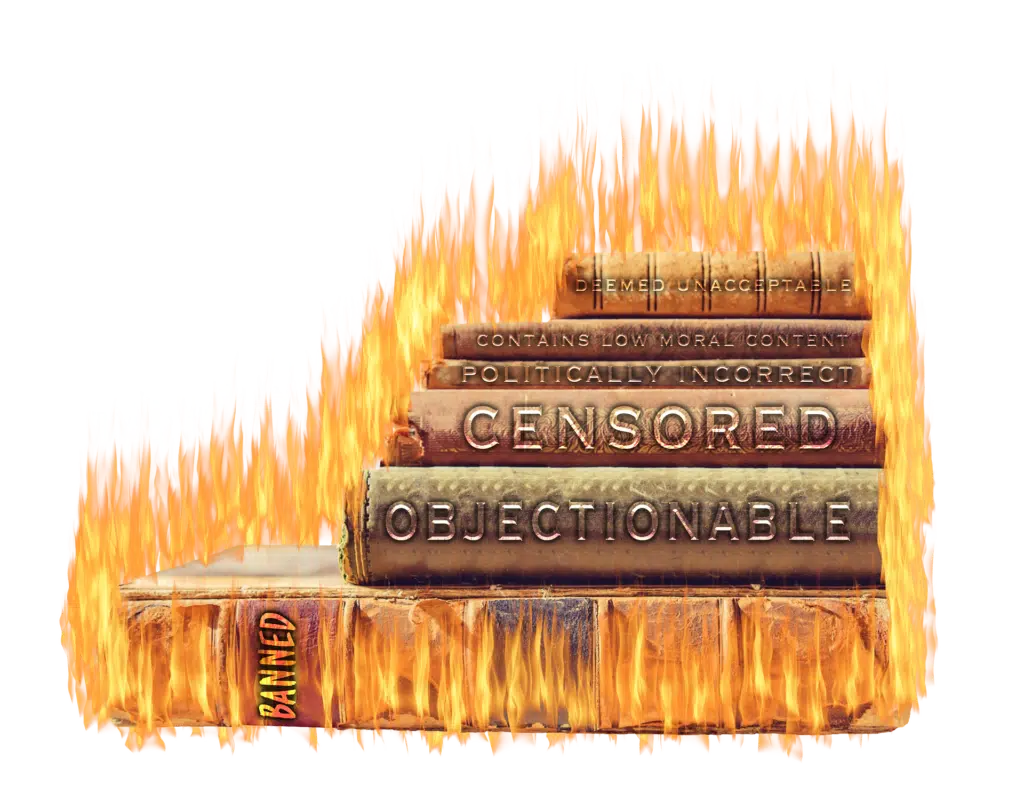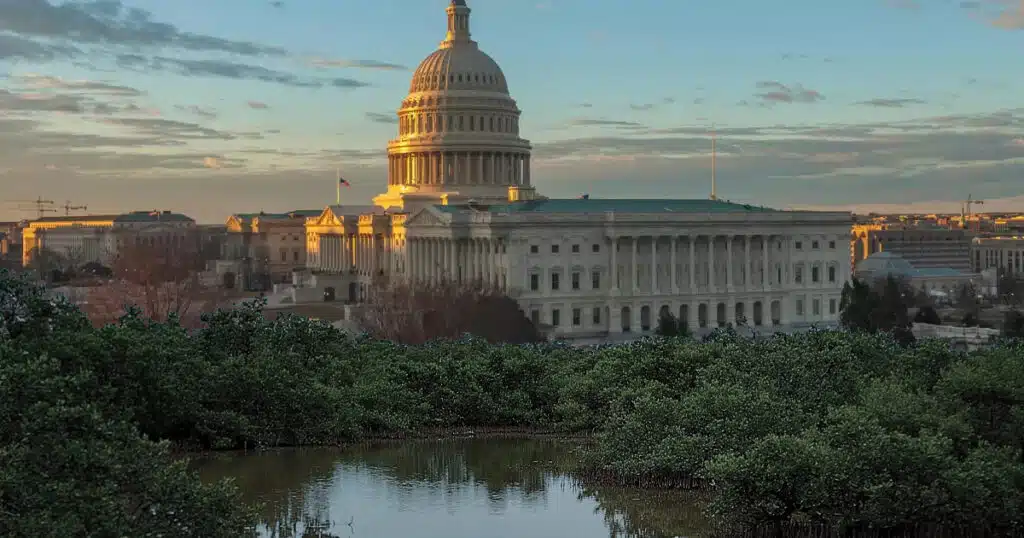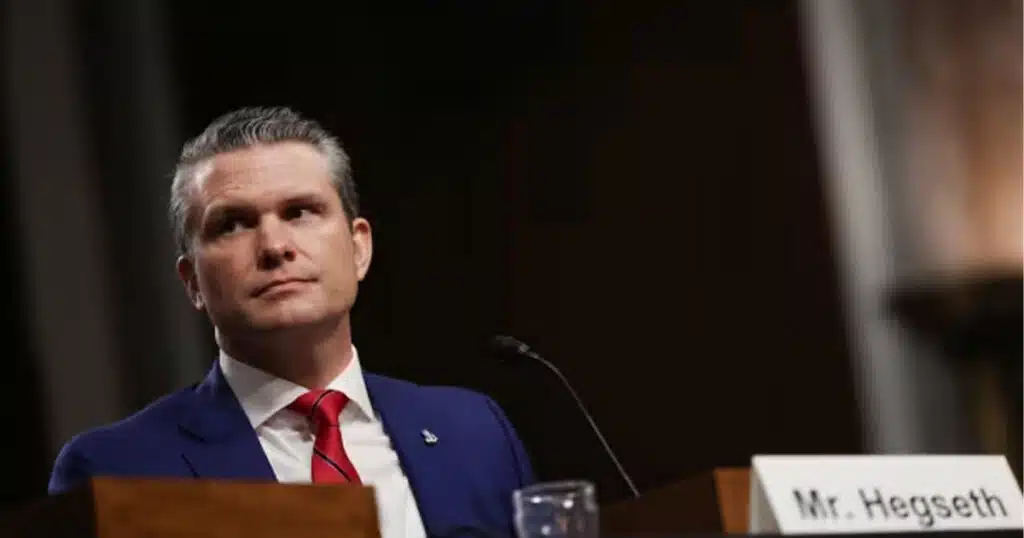
How The U.S. Government Funded Censorship Of Conservative Media
One of the arguments of those who justify online censorship of conservatives and libertarians is that these are private companies and they can do what they want. But as we have been learning through the lawsuits filed against the federal government by the attorneys general of Louisiana and Missouri and the Twitter files, that’s not really the case. Behind the various acts of online censorship is in many case the United States government is pulling the strings in the background.
The latest example of this is an organization called the Global Disinformation Network. It is a British nonprofit with two-affiliated U.S. nonprofits that complies a list of websites that it claims are promoting disinformation and passes that information on to online advertising companies who decide whether or not to place ads on those websites.
According to the Washington Examiner, the organization has received money from the U.S. State Deparmtent, which is problematic to say the least.
The Global Disinformation Index, a British organization with two affiliated U.S. nonprofit groups, is feeding blacklists to ad companies with the intent of defunding and shutting down websites peddling alleged “disinformation,” the Washington Examiner reported . This same “disinformation” group has received $330,000 from two State Department-backed entities linked to the highest levels of government, raising concerns from First Amendment lawyers and members of Congress.
“Any outfit like that engaged in censorship shouldn’t have any contact with the government because they’re tainted by association with a group that is doing something fundamentally against American values,” Jeffrey Clark, ex-acting head of the Justice Department’s Civil Division, told the Washington Examiner. “The government or any private entity shouldn’t be involved with this entity that’s engaged in conduct that is either legally questionable or at least morally questionable.”
Who were some of these websites that were blacklisted by this U.S. government-funded organization? It appears it targeted conservative media outlets with the attempt to drive them out of business by cutting off the flow of advertising dollars to them.
GDI compiles a “dynamic exclusion list” that it feeds to corporate entities, such as the Microsoft -owned advertising company Xandr, emails show. Xandr and other companies are, in turn, declining to place ads on websites that GDI flags as peddling disinformation.
The Washington Examiner revealed on Thursday that it is on this exclusion list. The list includes at least 2,000 websites and has “had a significant impact on the advertising revenue that has gone to those sites,” said GDI’s CEO Clare Melford on a March 2022 podcast.
GDI has identified that the 10 “riskiest” news outlets for disinformation are the American Spectator, Newsmax, the Federalist, the American Conservative, One America News, the Blaze, the Daily Wire, RealClearPolitics, Reason, and the New York Post.
The two U.S. government funding sources for GDI is the National Endowment for Democracy, which receives nearly all of its funding through congressional appropriations, and the State Department’s Global Engagement Center. In 2020, the NED gave $230,000 to one of GDI’s sister organizations. The grant was obstinsibly meant to combat disinformation in Asia, Africa, and other foreign countries. But ultimately all money is fungible and grant money spent on this frees up other money that could be used for censorship in the U.S.
The NED’s board of directors is an interesting who’s who of the bipartisan establishment.
The NED’s board of directors “controls” how it spends congressional appropriations, according to the nonprofit group’s website. That 23-member board includes liberal journalist Anne Applebaum, who also sits on GDI’s advisory panel, ex-Deputy Secretary of State Stephen Biegun, House Republican Conference Chairwoman Rep. Elise Stefanik (R-NY), and Rep. Joaquin Castro (D-TX).
GDI received even more money from the Global Engagement Center. It received at least $100,000 in September 2021 from GEC and Disinfo Cloud, which was also funded by the GEC.
The U.S. government cannot outsource the violation of constitutional rights to a private actor. We need an investigation of all of this by the U.S. Congress.
A private company can decide what speech it wants to platform and what kind of speech it wants to fund. But when the U.S. government is funding censorship either directly or through proxy, that is a major problem. We need answers.



